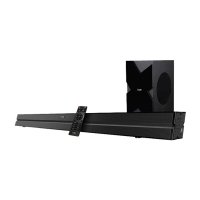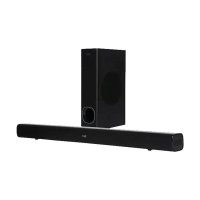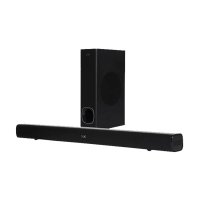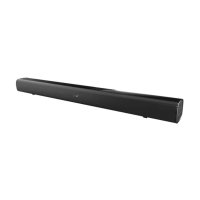Portable Speaker Overheating? Causes and Solutions
Portable speakers have become a go-to choice for music lovers who want to enjoy their favorite tunes on the go. However, one common issue many users face is overheating. An overheating portable speaker can affect performance, cause damage, and even lead to safety hazards. If you’re experiencing this problem, read on to discover the causes and effective solutions to keep your speaker cool.
Causes of Overheating
Prolonged Use at High Volumes
Explanation: Playing music at high volumes for extended periods can generate excessive heat. The internal components work harder, leading to overheating.
Solution: Take Breaks: Allow your speaker to cool down periodically. If you’re using it for a long time, consider lowering the volume after some time.
Poor Ventilation
Explanation: Many portable speakers have ventilation slots to help dissipate heat. If these slots are blocked or the speaker is placed in an enclosed space, it can lead to overheating.
Solution: Optimize Placement: Ensure your speaker is in an open area with adequate airflow. Avoid placing it on soft surfaces, like pillows or blankets, that can block ventilation.
Environmental Factors
Explanation: Extreme temperatures can affect electronic devices. Using your speaker in direct sunlight or a hot environment can cause it to overheat.
Solution: Seek Shade: Use your portable speaker in cooler environments and avoid exposing it to direct sunlight for extended periods.
Battery Issues
Explanation: A faulty or degraded battery can generate excess heat during operation. This is especially common in older models.
Solution: Check Battery Health: If your speaker is older, consider replacing the battery. Consult the manufacturer for recommended battery replacements.
Charging While Playing
Explanation: Charging your speaker while using it can generate additional heat, particularly if the speaker isn’t designed for simultaneous charging and playback.
Solution: Avoid Simultaneous Use: If possible, charge your speaker when it’s not in use. If you need to use it while charging, be mindful of the volume levels.
Malfunctioning Components
Explanation: Internal malfunctions, such as damaged circuits or short circuits, can cause overheating. This may happen due to manufacturing defects or damage from impacts.
Solution: Seek Professional Help: If you suspect a malfunction, contact the manufacturer for support or take it to a qualified technician for repairs.
Solutions to Prevent Overheating
Use an App or Feature to Monitor Temperature
Some modern portable speakers come with apps that allow you to monitor their temperature. Keep an eye on the readings to avoid overheating.
Avoid Excessive Bass Boosting
If your speaker has a bass boost feature, use it sparingly. While it enhances sound quality, it can also increase heat generation.
Regular Maintenance
Keep your speaker clean and free from dust and debris that can block ventilation. Regularly inspect for any signs of wear or damage.
Firmware Updates
Manufacturers may release firmware updates to improve performance and fix issues. Regularly check for updates to ensure your speaker runs efficiently.
Use a Cooling Pad
For portable speakers that are frequently used in demanding conditions, consider using a cooling pad or fan to help dissipate heat.
Conclusion
An overheating portable speaker can be a nuisance, but understanding the causes and implementing preventative measures can keep your speaker functioning optimally. By being mindful of volume levels, environmental conditions, and maintenance practices, you can enjoy your music without the worry of overheating.
Remember, if the overheating persists despite taking these precautions, it may be time to consult a professional or consider an upgrade. Happy listening!



